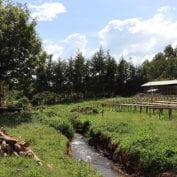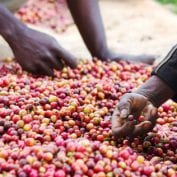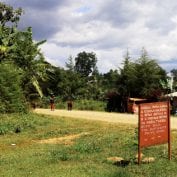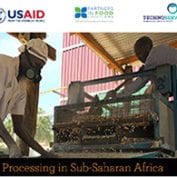
Coffee Initiative II Impact Audit Report from ImpactMatters
In 2017, TechnoServe engaged ImpactMatters, an impact audit firm founded with support from Innovations for Poverty Action (IPA), to review several projects within our portfolio. This impact audit reviews the second phase of the Coffee Initiative, C.I. II, which was implemented by TechnoServe from 2012 to 2016 in Ethiopia, Kenya,…








